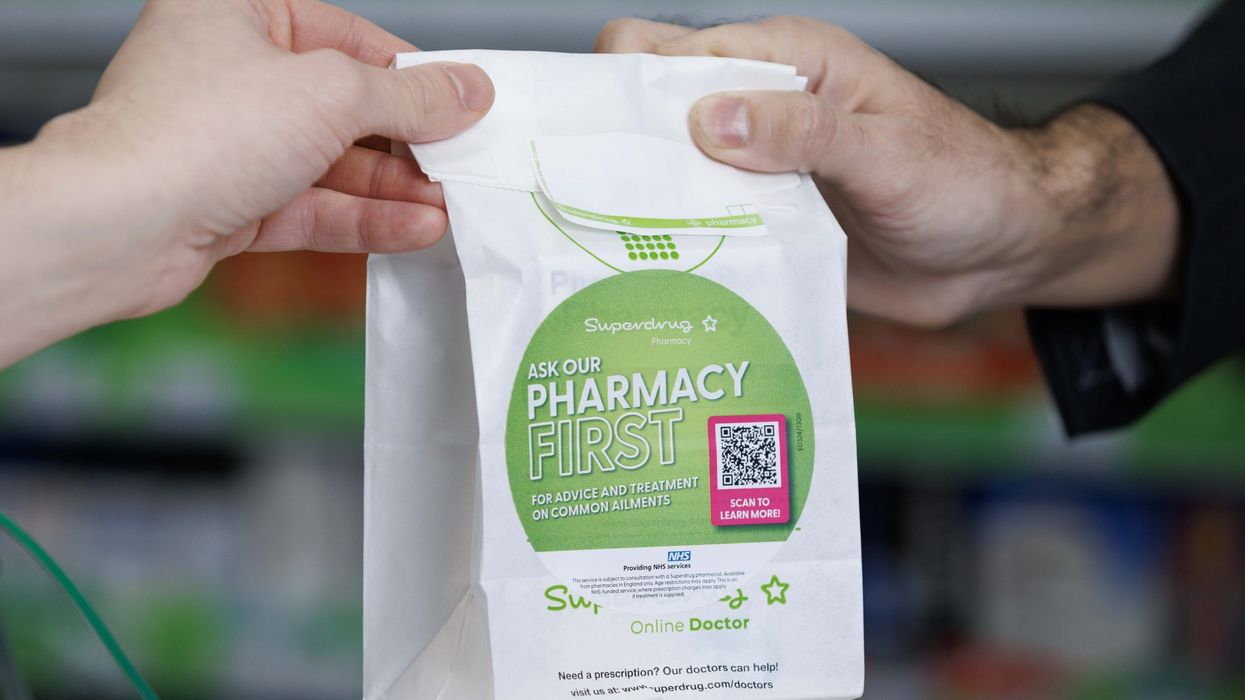Pharmacies will be left with a black hole in their already stretched finances if the government claws back the promised funding
The National Pharmacy Association (NPA) has raised concerns that only £180 million of the £645 million funding promised for the government's Pharmacy First scheme may be delivered to community pharmacies in England by March 2025, given the current trends.
This leaves pharmacies with the risk of losing £465m without a commitment from the future government.
Launched on 31 January, Rishi Sunak’s flagship scheme allows pharmacists to help treat seven common conditions, easing the pressure on GP surgeries across the country.
However, pharmacy leaders argued that the delayed rollout of the scheme, ongoing IT glitches, the modest fees paid to pharmacists for seeing patients, and a reluctance by some GPs to refer patients to the scheme, have slowed the disbursement of funds.
The NPA, which represents independent community pharmacies, has written to the leaders of the three main UK parties urging them to commit to delivering the full funding.
In letters to Rishi Sunak, Sir Kier Starmer and Sir Ed Davey, the NPA has warned that a funding shortfall would be devastating for the sector, which has been shrinking at the rate of 10 a week this year and 1,400 over the last decade, due to the £1.3bn funding black hole in NHS community pharmacy in England.
Paul Rees, Chief Executive of the NPA, said: “The consequences of further pharmacy closures for patient care and access to medicines would be disastrous.
“Due to chronic underfunding, community pharmacies subsidise the NHS to the tune of £108m per month for the dispensing of medicines. Which other clinicians are expected to deliver NHS services at a financial loss?
"Pharmacies are being pushed to the brink by ongoing financial pressures which is why they took part in the first ever nationwide day of action last week.
"Pharmacy First is such an important opportunity and pharmacies are determined for it to be a success. However, if most of the money promised for the scheme is clawed back by the government, it risks leaving a black hole in already depleted pharmacy finances.
“During this general election campaign, we are asking that all three main parties commit to ensuring that every penny of the £645m promised for Pharmacy First is delivered to our struggling community pharmacy sector by March 2025 – without any of it being taken away.”
On 20 June, an estimated 6000 community pharmacies across the UK participated in the first nationwide day of action, organised by the NPA, to highlight the severe financial challenges facing them.
Pharmacist turned out their lights, wore black and blacked out their windows to raise awareness of the impact of a 40 per cent reduction to their budgets over the last decade.
The NPA emphasised that adequate funding is crucial for community pharmacies to continue providing essential support to patients and help reduce GP waiting times.













